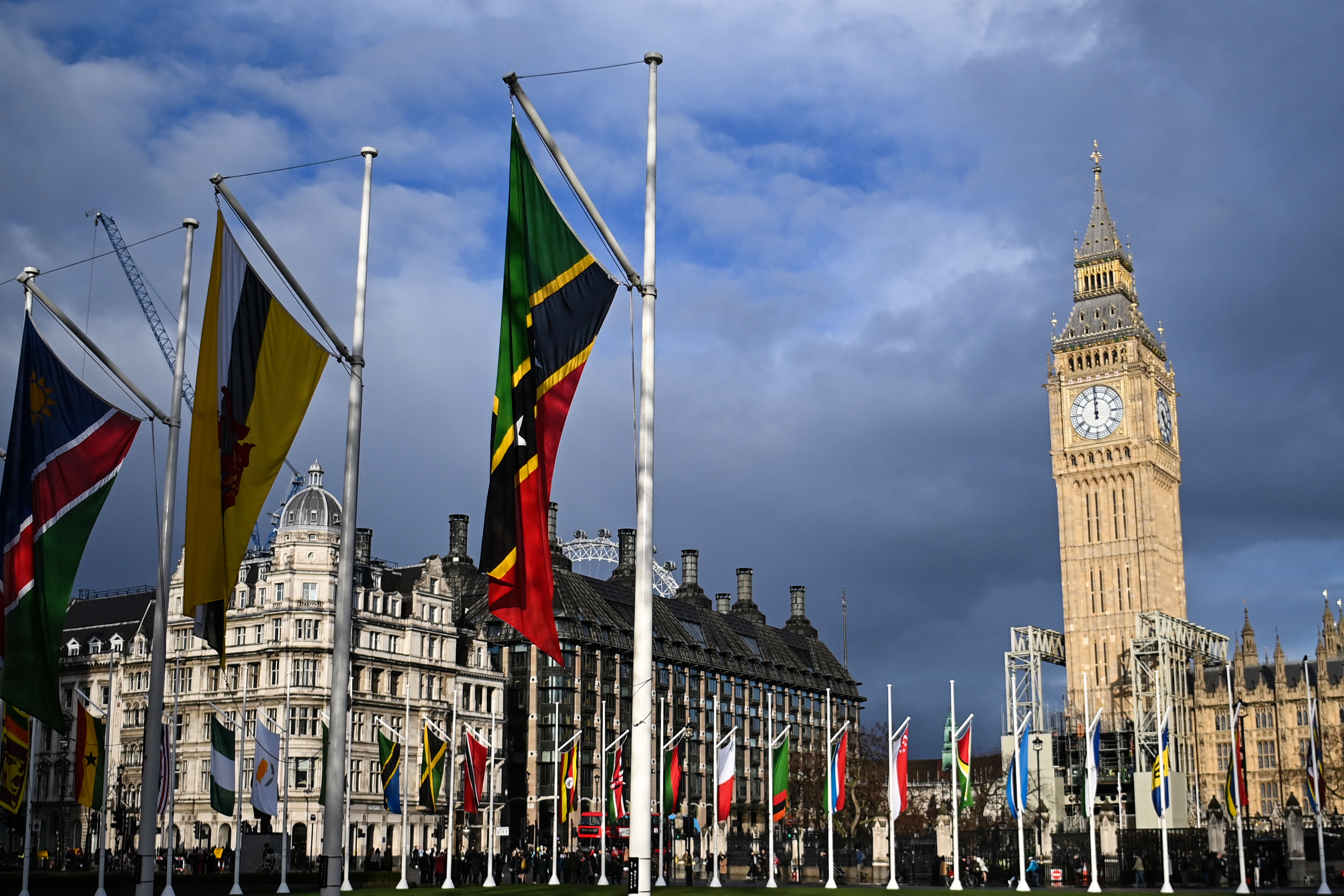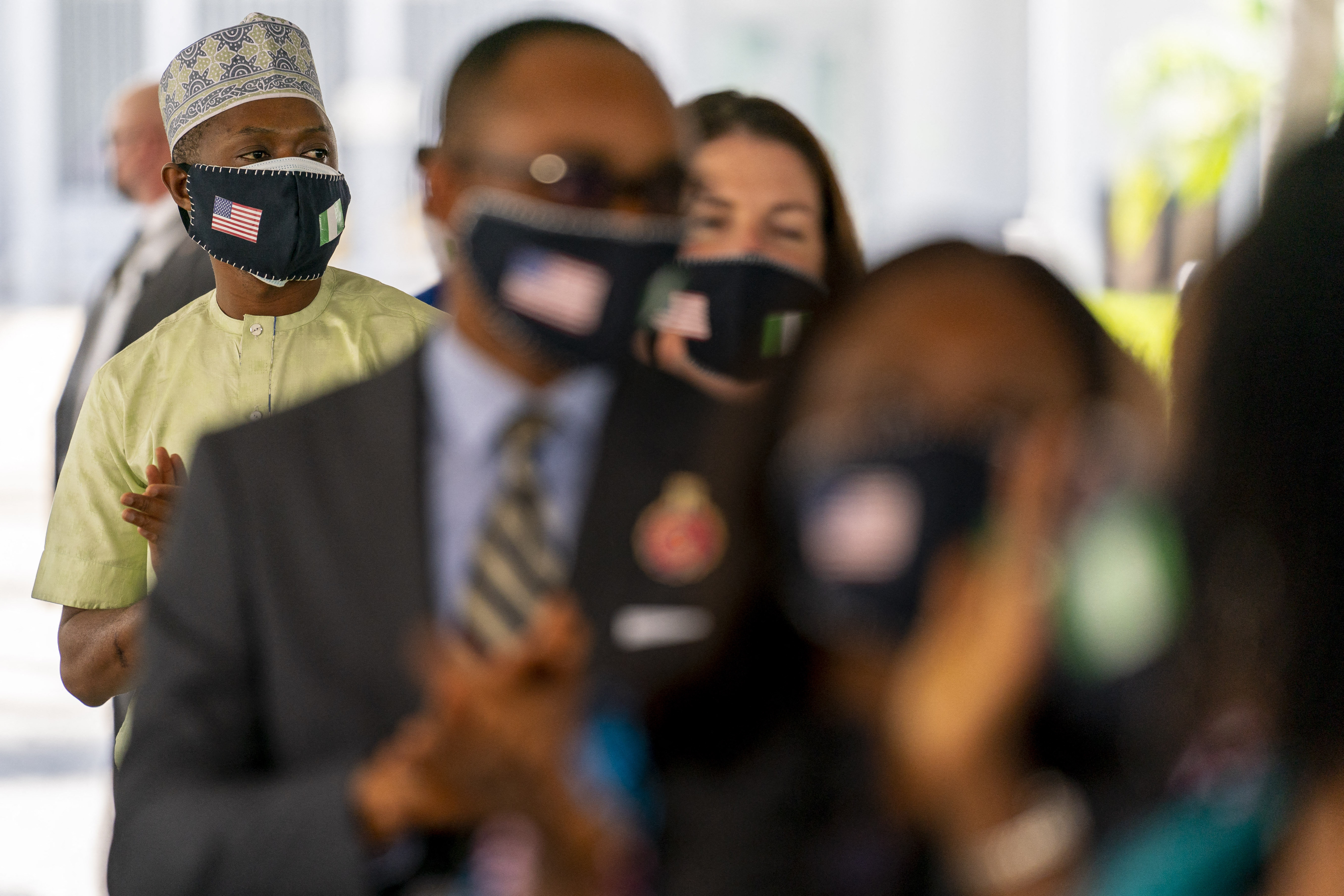
Nigeria is fast emerging as one of the world’s top source countries for international students, and the numbers are predicted to expand rapidly in the coming years. Even as thousands of students have found success abroad each year, getting a visa for Nigerians comes with many barriers that go beyond financial hurdles.
Nigeria is the most populous country in Africa and is projected to become the world’s third-most populous country by 2050. The sheer number of college-age students in the country makes it a robust market for foreign universities. Push factors from within, such as soaring inflation amid a flagging economy and rising insecurity throughout the country, have propelled many to seek greener pastures elsewhere.
From securing admissions to applying for a #UKstudyvisa, this step-by-step guide will make moving to the UK for Nigerian students much easier. #Nigeria https://t.co/IU4OHS3d7j
— Study International (@Study_INTNL) May 19, 2022
In fact, most Nigerian youths prefer to study abroad: a recent study titled “The Nigeria Market Sentiment & Study Motivations Report” published earlier this year revealed that as many as nine out of 10 Nigerians are interested in pursuing a degree overseas. According to the report, the number one concern for Nigerian students is affordability, hence why institutions that can offer financial aid have an edge over others in winning them over.
The top four countries of preference from the students surveyed are the UK (32.71%), Canada (16.67%), the US (16.54%), Germany (10.60%), and Australia (7.96%). The difficulty in securing a student visa for Nigerians would probably account for why 46.61% of them favour distance learning, while 40.57% prefer studying in person overseas with the remaining 12.82% opting for hybrid learning if given the chance.
As university application reaches its peak this summer, a sharp surge in visa submissions is surely to follow, especially since most international borders have reopened. If you’re a Nigerian student aiming to go abroad in the near future, it’s worth factoring visa processing times and approval rates into your chosen study destination.
Here’s a quick breakdown of your chances to be greenlighted for entry by the top three countries preferred by Nigerian students, based on current data:
Student visa for Nigerians: Which countries are more likely to approve them?
UK
It’s unsurprising that British universities rank high among Nigerian students. Given the country’s long-standing educational exchange with the UK as a member of the Commonwealth, and the presence of a sizable diasporic community in Britain, Nigeria continues to be a top source country for UK’s international recruitment.
There’s been an upward trend of Nigerians applying to UK universities since 2018. The number has risen by 47% between 2021 and 2022. Last week, the British High Commissioner to Nigeria Catriona Laing announced on Twitter that UK student visas would now take an average of five weeks to be processed, after many students bemoaned the delays in getting a decision.
Despite the wait, the prospects of UK-bound Nigerian students are promising: visa approvals as of 2022 recorded a meteoric leap of 415.3% compared to two years ago.

The UK continues to draw a large number of Nigerian students, especially in the post-Brexit climate, which opens up more post-study opportunities due to reduced competition. Source: Daniel Leal/AFP
US
There are a myriad of reasons why the US is popular among Nigerian students. It has introduced several measures to incentivise Nigerian students to come to its shores, such as offering attractive scholarships and waiving interviews for some visa renewals. However, getting the F-1 visa comes with a hefty price, as Nigerians have to pay a reciprocity fee on top of the application costs.
Presently, getting a visa appointment in Nigeria might be the biggest challenge that could push back study plans. Sun News Online reports that the earliest available date on the application portal is in January 2024.
Even so, the growth rate of Nigerian students has overtaken the average for all other countries for nearly a decade now. Between 2014 to 2018, the Nigerian student population in the US grew by 19%, excluding those under the Optional Practical Training (OPT). The growth has been steady over the years, which indicates positive outcomes in visa approvals.

The US has been experiencing consistent growth in Nigerian student populations for nearly a decade despite challenges in securing visa appointments in Nigeria. Source: Andrew Harnik/Pool/AFP
Canada
Canada is another country that has benefited from an influx of Nigerian students — they are among the top earners in median salary among post-graduation work permit holders between the years 2008 to 2018, thus contributing significantly to the local labour market.
In 2021 alone, more than 21,000 Nigerian students submitted their applications for a Canadian study permit. The numbers reflect an 80% leap compared to 2020, yet the outcomes are disproportionate to their study interest. African nationals are presently experiencing unusually high rejection rates, hurting Nigerian students’ chances of getting their Canadian degrees.
An extensive study by education and immigration stakeholders in Canada found that the trend has persisted since 2019. A total of 75% of African students who applied for their study permits that year within a five-month period were met with rejection, and Nigerians were among those who suffered gravely.
Very delighted that the #CIMM substantially accepted my recommendations to the @HoCCommittees. Hoping @CitImmCanada will implement the recommendations and address the differential treatment of #StudyVisa applicants from Africa. https://t.co/cpbX3yPfI8
— Dr. Gideon Christian (@ProfXtian) June 2, 2022
The issue is currently under the attention of the Standing Committee of Citizenship and Immigration, who are investigating the differential treatments faced by African students in their quest to get a student visa.










